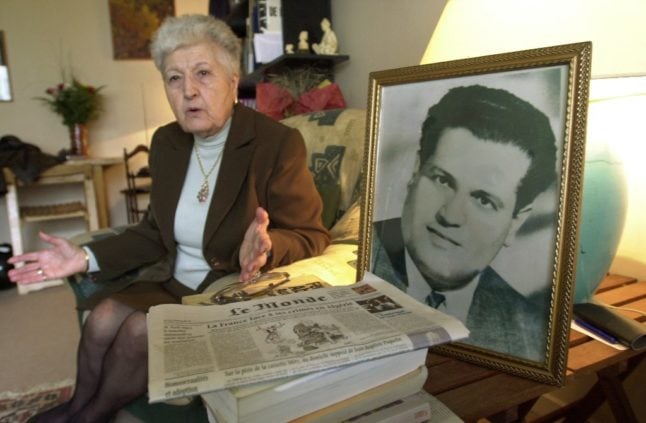“We cannot speak of getting bogged down. We are five months into our operations (and) no one talked about a lightning war,” Juppé told France 2 television.
But, he acknowledged: “We probably underestimated the resistance that would be put up by Qaddafi’s forces.”
Juppé said the rebel National Transitional Council’s ground forces “are making progress in the south and the west of the country.”
“Southern Libya is practically under the NTC’s control,” he said, adding that rebel forces are “making progress in the west toward Tripoli and in the Brega region” home to a strategic northern oil port off the Mediterranean Sea.
Juppé said international forces would also “continue to put this military pressure” on Qaddafi.
He also rejected reports of divisions within the rebels following the mysterious killing of the head of the anti-Qaddafi forces, General Abdel Fatah Yunis.
“I don’t think we can talk about divisions. The causes of general Yunis’s assassination are still not completely known but the changing of the guard was assured and we have confidence in the NTC leaders.”
France is among several nations leading the charge in NATO-coordinated strikes against Kadhafi’s military assets as part of a UN mandate to protect civilians. Paris was also the first foreign state to formally recognise the rebels as the country’s legitimate rulers.


 Please whitelist us to continue reading.
Please whitelist us to continue reading.
Member comments